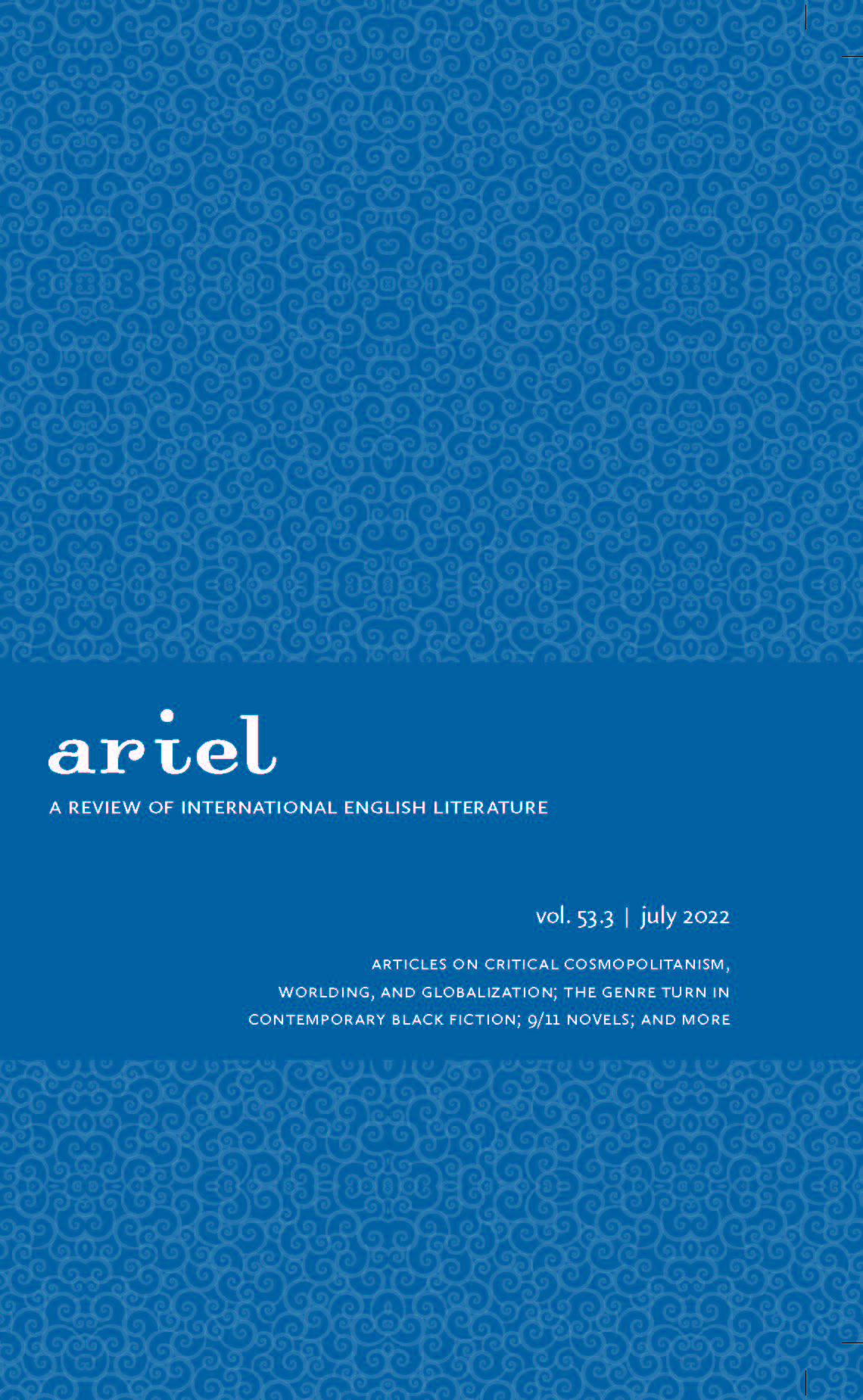A Walk to Forget: The Postcolonial Flâneur’s Negating Journey in Teju Cole’s Open City
Keywords:
flâneur, cosmopolitanism, psychological negation, contemporary African literature, postcolonial literatureAbstract
From James Joyce’s Ulysses to Marcel Proust’s In Search of Lost Time, some of the most celebrated modernist novels feature a flâneur. As critics like Pieter Vermeulen and Alexander Hartwiger argue, the protagonist of Teju Cole’s 2011 novel, Open City, also engages in flânerie. Building upon these critiques and Walter Benjamin’s analyses of the flâneur, I argue that Cole revamps the flâneur for a contemporary global readership. His flâneur, Julius, does not simply speak urbanely about city life. He provides a politically engaged reading of society. Cole invites us to witness the dark, complex paths of a Nigerian immigrant whose walks function as therapy. Julius walks to forget his brutal past. Because of his trauma, existence as a Nigerian in white spaces, and commentary on peculiarities that a Benjaminian flâneur would not address, Julius cannot be as detached as the classic flâneur. In my analysis of Cole’s revision of the flâneur, I initiate a conversation on how the global reader must contend with the anticipated representations of trauma, violence, and exoticism in postcolonial fiction. I show that Cole’s novel suggests a need for a critical postcolonial cosmopolitanism, which recognizes the persistence of nationalism and brutality in even the worldliest figures.


